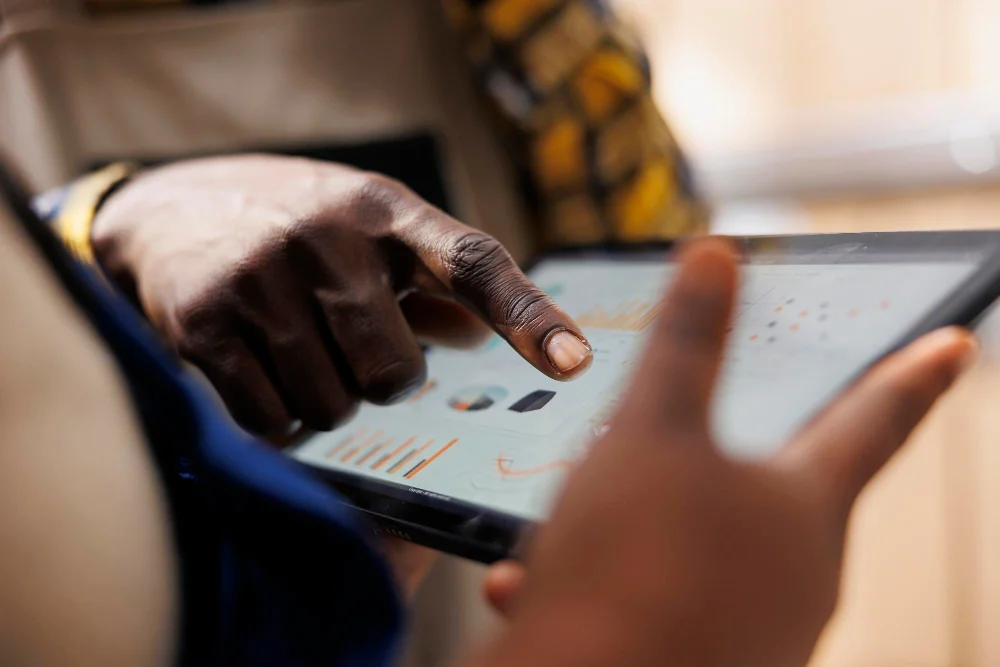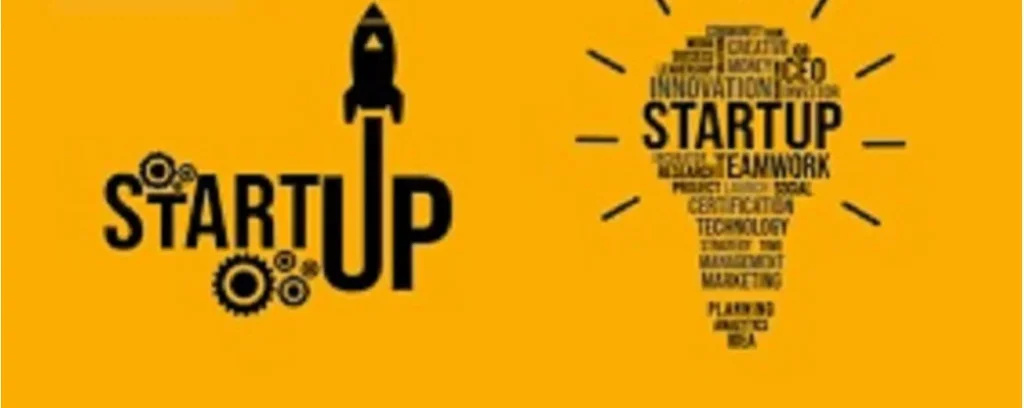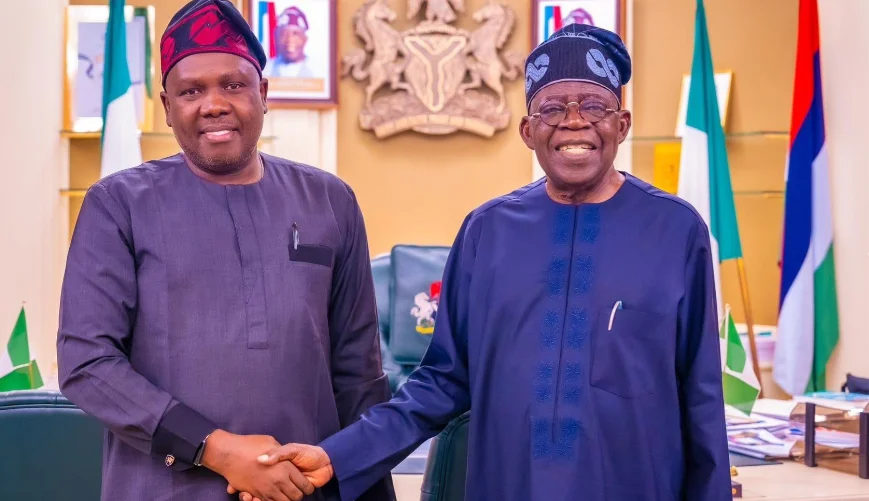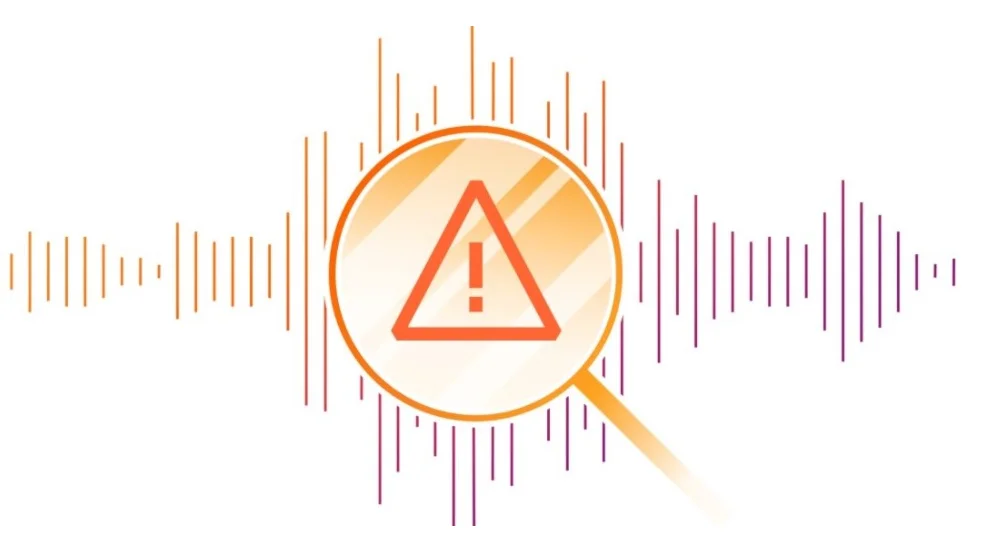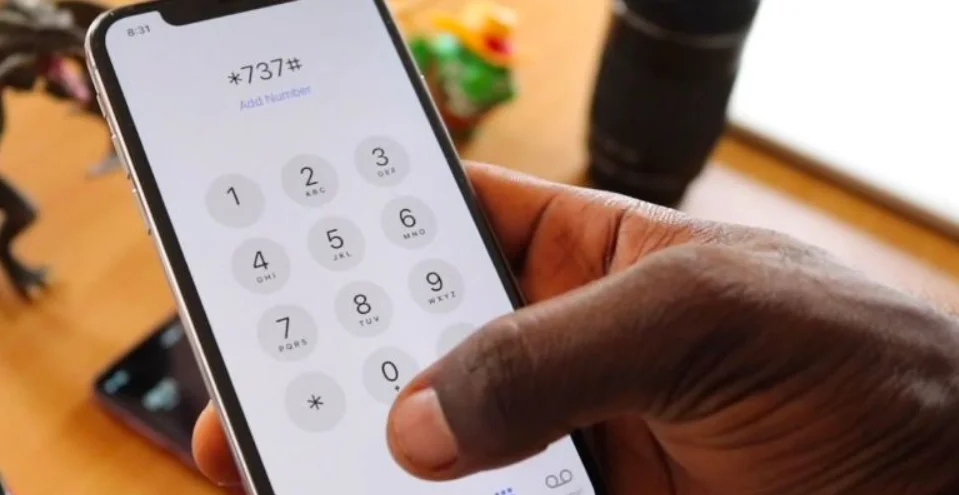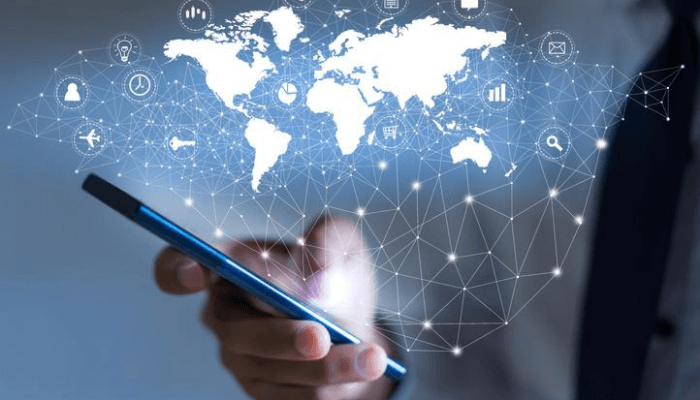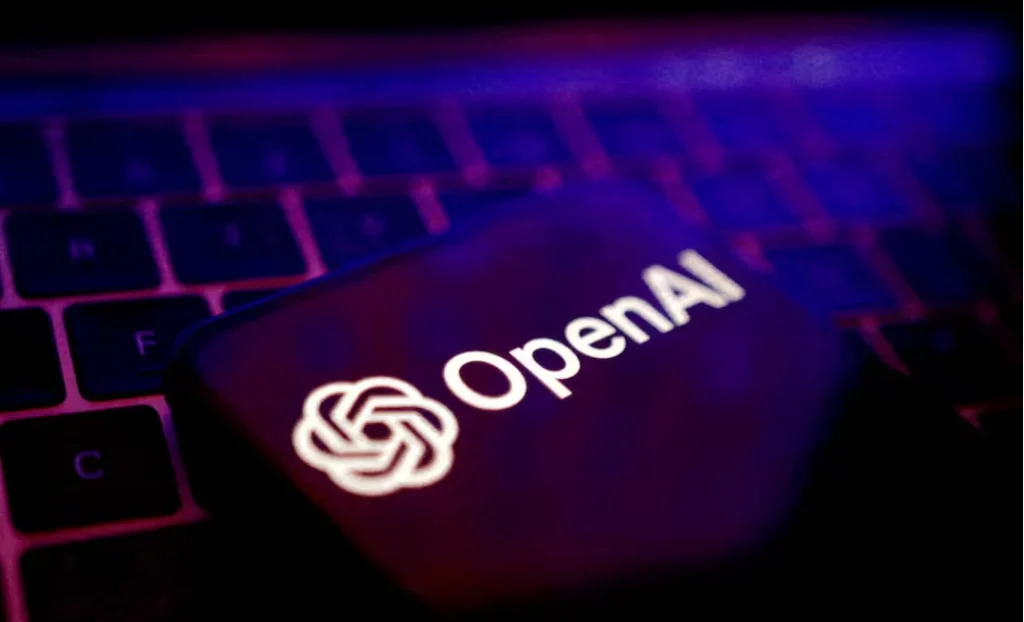Data has always been Eretoru Robert’s calling. When she began her career, the buzz around AI and machine learning was still a distant noise in Nigeria’s tech landscape. But what she saw; missed opportunities, delayed interventions, and systems that broke down simply because no one saw the signs early enough pushed her toward one conviction: what we don’t predict, we cannot prepare for.
Today, she is one of Nigeria’s most distinctive voices in applied data science, known for using predictive modeling and intelligent design not just to crunch numbers, but to shape smarter, action-ready systems especially in industries where timing and foresight mean everything.
In the early stages of her career, she worked across different sectors building agile models to identify inefficiencies and blind spots in decision-making. But it was in 2022 that she took her mission a step further; leading the development of a business intelligence product that helps companies extract insights from their data without requiring extensive technical expertise.
“She has this rare ability to design tools that feel simple on the surface but are incredibly sophisticated underneath,” says Tunde Afolabi, a data infrastructure lead at a West African consulting firm. “She builds trust in data. And that’s what most businesses are actually missing.”
Her strength lies in her ability to translate complexity into tools that feel intuitive and useful, grounded in the day-to-day needs of businesses. Her background in data science, combined with a relentless focus on business applications, has shaped a unique approach: design systems that do the heavy lifting so that users can stay focused on outcomes.
Beyond data modelling product development, she has also led initiatives in financial inclusion. One of her earlier projects used behavioral transaction data to help microfinance institutions in Nigeria build context-aware risk models factoring in seasonal income patterns, informal contributions, and SMS data to assess creditworthiness. The result: more inclusive access to loans, especially for women entrepreneurs operating outside the formal banking system.
What sets her apart is her refusal to isolate data science from the messy, human, and often resource-constrained environments where it’s needed most. She’s also vocal about ethical modeling, challenging the blind importation of tools and frameworks that ignore African realities.
Her work has been featured at the African Data Innovation Exchange and discussed on panels hosted by organizations like the African Development Bank and the Centre for Tech Justice. She’s also part of a growing coalition pushing for open, localized data ecosystems; platforms that allow communities to build, train, and govern their own models with autonomy and transparency.

